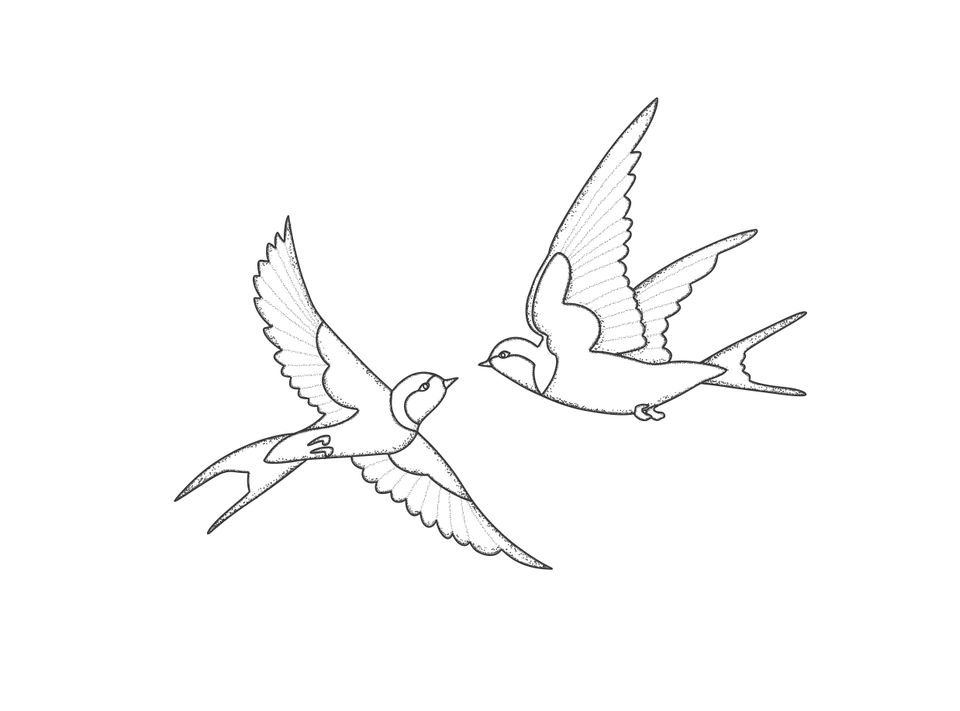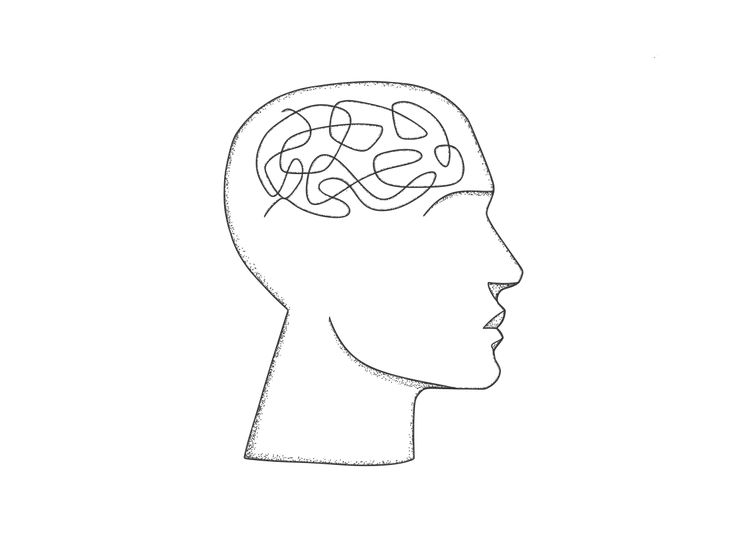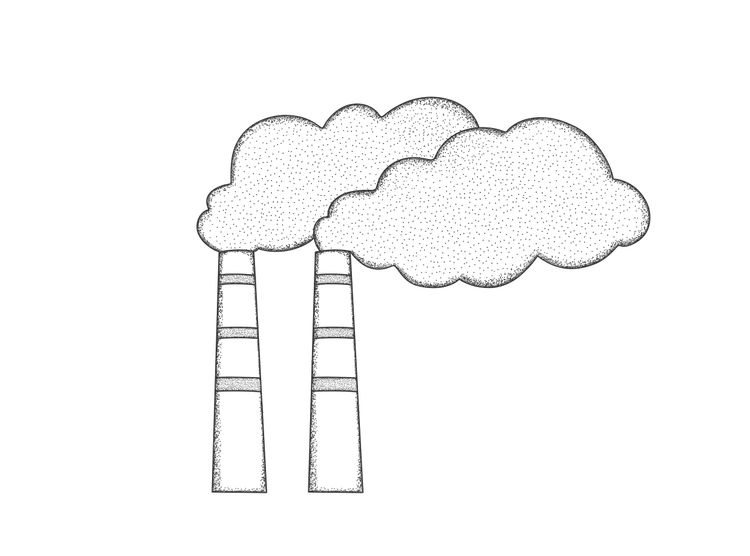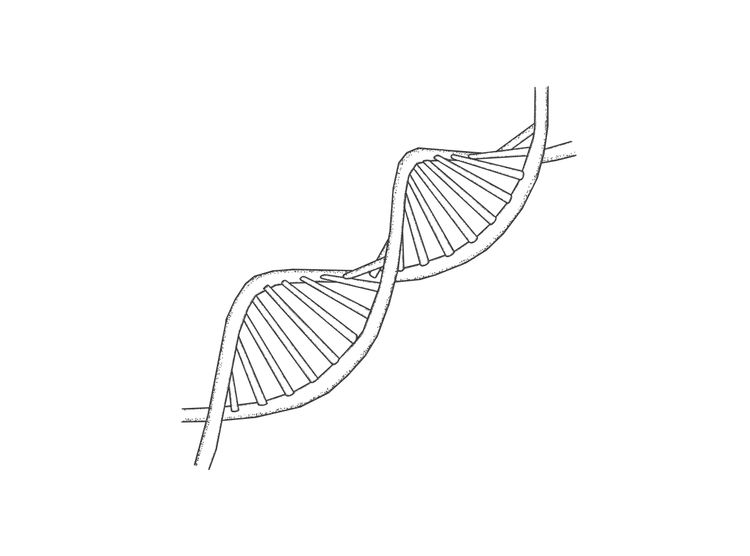Relationship

Relationship is how we come into being. We reach out to the world and learn to set apart what persists as us from the world outside. It is how we become ourselves, again and again, only ever in the presence of the other. Without a You, there can be no I. They arise together.
Relationship is created mutually, between our selves and another. It belongs to neither of us. It exists only between us. We share it and sustain it together. It arises only in the present moment, outside of time, and only when we surrender into it.
Relationship cannot happen when we seek to parse or possess another. We must hold them whole—sovereign and indivisible. Only by forsaking the particulars can we come to know everything about another—their irreducible mystery, which is as old and as large as the universe itself.
When we meet another in relationship, we allow them to change us—to unmake us and renew us, to penetrate our whole being so that it resonates with the encounter long after the moment has passed. True relationship is hallowed. It honors what is sacred.
We are relational beings. But we do not start that way. We begin to become aware of ourselves as distinct from the world outside us at 15-18 months, when we start to match our facial and body movements with the image of ourselves in a mirror. Before then, we have no relation to the world. From a psychological perspective, we are undifferentiated from it.
Deep inside me, I can feel an abiding longing to lose myself, to escape myself, to return to that state of unity. I touch it in meditation, in nature, in communion with my dog and horse, and when I look into the eyes of another human being, relating.
I think I love coaching so much because it is full of encounters—with whole human beings, in relationship. Coaching has little use for the analytical mind. We do not attempt to diagnose, or to fix. We want to witness our client. We want them to teach us about themselves—their different parts, their conflicts, their longings, their relationships, their work, their doubts. We want to support them in becoming more deeply aware of themselves so they can clarify what they want and need, and better understand their growing edges.
I am drawn to Gestalt therapy because it is also full of encounters. In Gestalt "workings", the therapist confronts the mystery of the client. They do not diagnose or pathologize the client's way of relating to others or the world. They meet them whole, as they are, where they are, in the here and now, without judgment or expectation.
There is no professional distance between therapist and client in Gestalt therapy. The therapist enters the therapeutic relationship fully, as a human being. They witness the client, and help them bring more of themselves into direct awareness—in relationship, in contact, embodied, in the present moment. It is only here that the client can heal and find new potential for growth.
I borrowed and reworked the language about "forsaking the particulars" from Martin Buber's I and Thou. Buber begins the book by drawing a distinction between two basic "attitudes" towards the world, expressed as two "basic word pairs": I-It and I-You. I-It is the world of subject and object: the ego that experiences and uses the world, the sphere of "goal-directed verbs". I-You "stands in relation" to the world.
Those who experience do not participate in the world. For the experience is "in them" and not between them and the world.
The world does not participate in experience. It allows itself to be experienced, but it is not concerned, for it contributes nothing, and nothing happens to it.
"When I confront a human being as my You," writes Buber, "and speak the basic word I-You to him, then he is no thing among things, nor does he consist of things."
He is no longer He or She, limited by other Hes or Shes, a dot in the world grid of space and time, nor a condition that can be experienced and described, a loose bundle of named qualities. Neighborless and seamless, he is You and fills the firmament. Not as if there were nothing but he; but everything else lives in his light.
"What, then, does one experience of the You?"
—Nothing at all. For one does not experience it.
—What, then, does one know of the You?
—Only everything. For one no longer knows the particulars.
For Buber, being in relation to another is a spiritual act—one that draws us closer to the "eternal You".
In every sphere, through everything that becomes present to us, we gaze toward the train of the eternal You; in each we perceive a breath of it; in every You we address the eternal You.
As human beings, we assume both I-It and I-You attitudes to the world, alternating between the two, says Buber. Yet all "actual life" is in I-You encounters, he says.
From [I-You] a path leads to God, from [I-It] only to nothingness.
Each week I explore a word that has touched my heart. Subscribe to get my newsletter every Sunday morning. You can also follow me on Medium, or on LinkedIn. Feel free to forward this to a friend, colleague, or loved one, or anyone you think might benefit from reading it.





